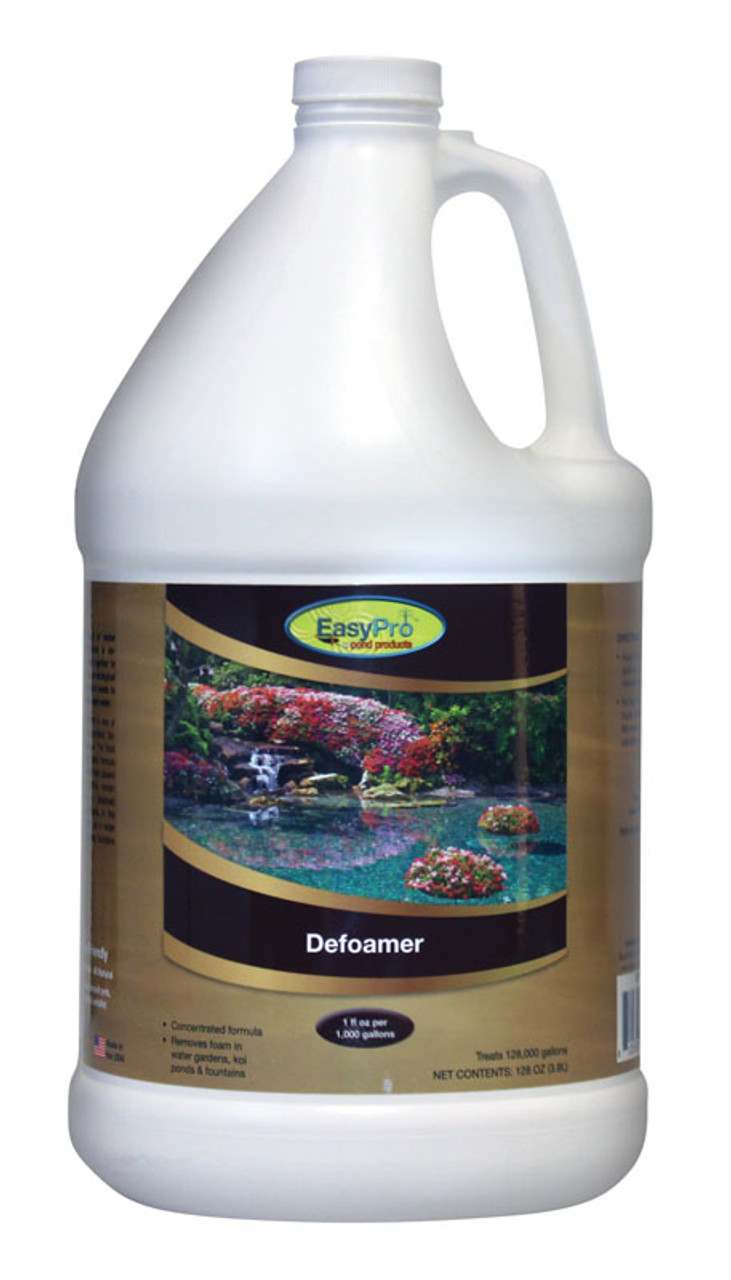Why Defoamers Are Essential in Water Treatment and Waste Management
Why Defoamers Are Essential in Water Treatment and Waste Management
Blog Article
Discover the Top Advantages of Using Defoamers in Industrial Processes
The application of defoamers in industrial procedures provides a variety of engaging benefits that can improve functional effectiveness and item high quality. By effectively managing foam production, these agents not just optimize product flow however additionally add to significant expense reductions and enhanced sustainability. Their application covers numerous markets, which raises concerns concerning their role in mitigating environmental influence while making sure regular output. Recognizing these advantages is important for sectors aiming to fine-tune their procedures. The implications of embracing defoamers might be more profound than at first regarded. What specific benefits could your company harness?
Enhanced Process Efficiency
Optimizing industrial processes frequently includes attending to lathering problems, which can impede functional effectiveness. Foam formation can interfere with the appropriate functioning of equipment, decrease the effective utilization of resources, and make complex the surveillance of critical parameters. By implementing defoamers, sectors can properly minimize these concerns, causing streamlined operations and improved performance.
Defoamers job by destabilizing the foam structure, enabling rapid collapse and substantial decrease in foam volume. This action not just improves the flow of materials via devices, such as activators, pipelines, and mixers, however also minimizes disturbances triggered by foam overflow. Tools downtime is reduced, permitting for a much more continuous and efficient production procedure.
Furthermore, using defoamers can cause reduced energy usage. With less foam to take care of, pumps and compressors can run much more successfully, leading to reduced operational prices and an overall renovation in process throughput. Eventually, the strategic use defoamers not just addresses immediate frothing challenges however additionally contributes to an extra efficient industrial ecological community, promoting an affordable advantage in a demanding market.
Improved Item Top Quality
The integration of defoamers in commercial procedures plays a vital duty in enhancing product high quality. By properly managing foam formation, defoamers add to the consistency and harmony of last items. Excessive foam can cause oygenation, which adversely impacts the texture and stability of solutions, specifically in industries such as food and drugs, coatings, and beverages.

Additionally, defoamers help with far better blending and dispersion of active ingredients, causing homogeneity in formulations. This is crucial in applications where exact ingredient proportions are vital for performance and safety and security. Additionally, the removal of foam can decrease the threat of contamination during manufacturing, additional safeguarding item integrity.
Eventually, by improving item quality, defoamers not only boost consumer contentment however additionally strengthen brand credibility. Their duty in maintaining high-grade requirements emphasizes their significance in modern-day industrial processes.
Expense Decrease Benefits
Applying defoamers in industrial processes can cause substantial cost reduction advantages. By effectively controlling foam development, defoamers decrease product loss during manufacturing, therefore maximizing material usage. This reduction in waste equates straight right into reduced basic material costs, improving total functional performance.
Moreover, using defoamers can reduce power intake. Too much foam can hinder equipment performance, causing boosted power needs to keep manufacturing degrees. By mitigating foam, defoamers facilitate smoother operations, allowing machinery to run much more effectively and minimizing energy expenditures.

In addition, defoamers can reduce processing times. By making use of defoamers, sectors can enhance their processes, leading to faster turn-around times and enhanced throughput.

Environmental Impact Mitigation
In commercial procedures, making use of defoamers plays an important duty in mitigating ecological impacts connected with foam generation. Foam can cause significant functional ineffectiveness, leading to raised exhausts and waste generation. By effectively managing foam, defoamers assist preserve procedure performance, therefore reducing the overall environmental footprint of operations.
Furthermore, extreme foam can overflow control systems, causing spills that might infect dirt and water sources. Defoamers aid decrease this threat by making certain that frothing does not go beyond suggested restrictions, advertising conformity with ecological guidelines. This positive technique not just safeguards ecological communities yet additionally improves the sustainability of industrial methods.
Additionally, using defoamers can lower power intake in different processes. defoamers. Decreasing foam formation diminishes the need for added energy-intensive actions, such as boosted anxiety or pumping, which may or else be essential to handle foam. The adoption of defoamers aligns with broader sustainability objectives by promoting energy performance while lessening the carbon footprint of industrial tasks.
Inevitably, integrating defoamers into commercial operations is a strategic procedure that supports ecological stewardship and accountable source administration.
Versatility Throughout Industries
Across numerous markets, defoamers show exceptional flexibility, adjusting to the particular demands of diverse applications. In the food and drink industry, as an example, defoamers are important to keeping product top quality by avoiding foam development during handling, which can affect structure and taste. In the pharmaceutical market, defoamers ensure the stability of solutions, enhancing product efficiency and uniformity.
In the chemical production realm, defoamers assist in smoother operations by reducing foam in reaction vessels, hence official site improving yield and lowering downtime. Related Site The paper and pulp industry depends on defoamers to improve the performance of pulp processing and paper production, making sure optimum item integrity. Furthermore, in wastewater therapy centers, defoamers play a vital role in managing foam throughout oygenation procedures, bring about improved treatment outcomes.
The flexibility of defoamers encompasses the oil and gas market, where they aid in managing foam in drilling fluids and production processes. By tailoring formulations to meet particular industry requirements, defoamers act as important tools that improve operational effectiveness, product quality, and overall process effectiveness across a multitude of sectors. Their adaptability emphasizes their worth in modern-day commercial applications.
Final Thought
To conclude, the usage of defoamers in industrial procedures provides various benefits, consisting of enhanced efficiency, boosted product quality, substantial expense decreases, and favorable environmental influences. Their capability to effectively regulate foam development contributes to functional continuity and source optimization. Moreover, the flexibility of defoamers throughout varied industries emphasizes their vital role in advertising sustainable methods and profitability. The combination of defoamers stands for a tactical strategy to attending to obstacles related to foam monitoring in different making environments.
Inevitably, the strategic use of defoamers not only addresses instant lathering obstacles yet also contributes to a much more effective commercial ecological community, fostering a competitive advantage in a demanding market.
In industrial processes, the use of defoamers plays a critical function in mitigating ecological effects connected with foam generation. By properly regulating foam, defoamers aid keep procedure performance, consequently lowering the total ecological impact of procedures.
Furthermore, in wastewater treatment facilities, defoamers play a vital useful reference role in controlling foam throughout oygenation procedures, leading to enhanced treatment outcomes.

Report this page